Home>diy>Building & Construction>What Do Project Engineers Do In Construction


Building & Construction
What Do Project Engineers Do In Construction
Modified: March 6, 2024
Discover the role of project engineers in building construction. Learn how they oversee project progress, manage resources, and ensure quality and safety.
(Many of the links in this article redirect to a specific reviewed product. Your purchase of these products through affiliate links helps to generate commission for Storables.com, at no extra cost. Learn more)
Introduction
Welcome to the fascinating world of construction projects! Behind every successful building construction, there is a team of dedicated professionals working tirelessly to ensure impeccable execution. One of the key players in this process is the Project Engineer.
A Project Engineer is a critical role in the construction industry, responsible for overseeing and managing various aspects of a building project. From planning and coordination to quality control and cost management, their expertise and guidance play a vital role in bringing construction projects to fruition.
In this article, we will explore the role and responsibilities of Project Engineers in the construction industry. We will delve deeper into their diverse skillset, their ability to handle complex challenges, and the importance of effective communication and collaboration throughout the construction project.
If you’re considering a career in construction or simply want to gain a better understanding of the inner workings of the industry, read on to discover the world of Project Engineers and the invaluable contributions they make to construction projects.
Key Takeaways:
- Project Engineers oversee construction projects from start to finish, ensuring everything is on track, within budget, and meets quality standards. They use their technical skills and leadership to make buildings come to life!
- Project Engineers are like the superheroes of construction, managing resources, solving problems, and bringing teams together. Their communication and coordination skills are crucial for successful building projects.
Read more: What Do Lead Construction Engineers Do
Role of Project Engineers in Construction
Project Engineers play a crucial role in the construction industry, acting as the driving force behind the successful completion of building projects. They are responsible for overseeing the entire project lifecycle, from conception to completion, ensuring that every aspect of the construction process is carried out efficiently and according to plan.
One of the primary responsibilities of Project Engineers is to collaborate with architects, contractors, and other stakeholders to develop a comprehensive project plan. This involves analyzing blueprints, evaluating timelines, and creating a roadmap that outlines the necessary steps to bring the vision to life.
Once the project is underway, Project Engineers closely monitor the construction progress, ensuring that all work adheres to industry standards and regulations. They also coordinate with various teams, such as construction workers, subcontractors, and vendors, to ensure seamless workflow and timely completion of tasks.
Another essential role of Project Engineers involves managing the project budget and controlling costs. They carefully track expenses, analyze financial data, and make informed decisions to optimize resource allocation and minimize waste. By effectively managing the financial aspect of the project, Project Engineers contribute to its overall success and profitability.
Moreover, Project Engineers are responsible for quality control and assurance. They conduct regular inspections, perform tests, and collaborate with quality control teams to ensure that the construction work aligns with specified guidelines and meets industry standards.
Additionally, Project Engineers are tasked with identifying and mitigating potential risks and challenges that may arise during the construction process. They conduct risk assessments, develop contingency plans, and implement measures to minimize the impact of unforeseen circumstances, such as inclement weather or supply chain disruptions.
Lastly, effective communication and collaboration are at the core of a Project Engineer’s role. They act as a liaison between various stakeholders, ensuring that everyone is well-informed and aligned with project objectives. They facilitate regular meetings, provide progress reports, and address any concerns or issues that may arise, promoting a harmonious and productive work environment.
Together, these responsibilities of Project Engineers contribute to the successful execution of construction projects, ensuring that they are completed on time, within budget, and to the highest quality standards.
Responsibilities of Project Engineers
Project Engineers in the construction industry have a wide range of responsibilities that span the entire project lifecycle. They are involved in every phase of the construction process, from initial planning to final completion. Here are some of the key responsibilities of Project Engineers:
- Project Planning: Project Engineers collaborate with architects, contractors, and other stakeholders to develop a comprehensive project plan. They analyze blueprints, evaluate timelines, and create a roadmap that outlines the necessary steps to bring the project to fruition.
- Resource Allocation: Project Engineers are responsible for allocating and managing project resources effectively. This includes overseeing the procurement of materials and equipment, as well as coordinating with subcontractors and vendors.
- Construction Oversight: Project Engineers closely monitor the construction progress, ensuring that all work is carried out according to plans and specifications. They conduct regular inspections, address any issues that may arise, and ensure that the project stays on track.
- Quality Control and Assurance: Project Engineers are responsible for maintaining quality standards throughout the construction process. They perform regular inspections, conduct tests, and collaborate with quality control teams to ensure that the work meets industry standards.
- Budgeting and Cost Management: Project Engineers closely monitor project expenses, track costs, and make informed decisions to optimize resource allocation and control project budgets. They work to minimize waste and ensure that the project remains financially viable.
- Risk Management: Project Engineers identify and assess potential risks and challenges that may impact the project. They develop contingency plans, implement risk mitigation strategies, and adapt to unforeseen circumstances to minimize project disruptions.
- Communication and Collaboration: Project Engineers act as a liaison between various stakeholders, ensuring effective communication and collaboration. They facilitate regular meetings, provide progress reports, and address any concerns or issues that may arise.
- Documentation and Reporting: Project Engineers maintain accurate project documentation, including contracts, permits, and progress reports. They ensure that all necessary documentation is in place and up-to-date for regulatory compliance and future reference.
These responsibilities highlight the diverse skillset of Project Engineers and their ability to handle multiple tasks simultaneously. They are instrumental in ensuring the successful execution of construction projects, relying on their expertise in planning, coordination, budgeting, and risk management.
Planning and Coordination
Planning and coordination are fundamental responsibilities of Project Engineers in the construction industry. They play a crucial role in developing a comprehensive project plan and ensuring that all stakeholders are aligned and working towards a common goal.
Project Engineers work closely with architects, contractors, and other team members to analyze blueprints, develop timelines, and create a roadmap for the construction project. They evaluate the scope of work, estimate resource requirements, and identify potential challenges that may arise during the construction process.
During the planning phase, Project Engineers collaborate with architects to ensure that the design and specifications meet the desired project objectives. They provide valuable input based on their construction expertise, helping to optimize the design for efficient and cost-effective construction.
Once the project plan is established, Project Engineers take charge of coordinating the various teams and activities involved in the construction process. They interact with subcontractors, suppliers, and vendors to ensure that all necessary resources are available at the right time and in the right quantities.
Project Engineers also play a crucial role in scheduling and sequencing the work. They coordinate the sequencing of different construction activities to ensure efficient workflow and prevent any conflicts or delays. They set clear milestones and deadlines, and continuously monitor progress to ensure that the project is on track.
Effective communication is vital for successful planning and coordination. Project Engineers are responsible for facilitating regular meetings with the project team, discussing project updates, addressing concerns, and ensuring that everyone has a clear understanding of their roles and responsibilities.
Furthermore, Project Engineers work closely with regulatory authorities to obtain permits, approvals, and inspections necessary for the construction project. They ensure compliance with building codes, zoning regulations, and safety standards throughout the planning and construction phases.
Overall, the planning and coordination responsibilities of Project Engineers are essential for setting the foundation of a successful construction project. By effectively managing resources, sequencing activities, and promoting clear communication, they ensure that the project progresses smoothly and meets its objectives within the specified timeline and budget.
Construction Oversight
Construction oversight is a crucial responsibility of Project Engineers in the construction industry. They are responsible for monitoring and supervising the construction process to ensure that it aligns with the project plans, specifications, and industry standards.
Project Engineers play a hands-on role in overseeing the construction work. They conduct regular site visits to inspect the progress and quality of the construction activities. They ensure that all work is carried out in accordance with the approved plans, complying with building codes and regulations.
During construction oversight, Project Engineers address any issues or challenges that may arise. They collaborate with contractors, subcontractors, and the project team to resolve problems and make necessary adjustments to keep the project on track.
Quality control is a paramount aspect of construction oversight. Project Engineers perform inspections and tests to ensure that the work meets the specified quality standards. They closely monitor the construction processes and materials to identify any potential issues and take corrective actions promptly.
Project Engineers also focus on safety during construction oversight. They ensure that all safety measures and protocols are in place to protect workers, the public, and the property. They monitor the construction site for compliance with safety regulations and address any safety concerns immediately.
Additionally, Project Engineers track the progress of the construction activities and compare it against the project schedule. If there is any deviation from the timeline, they analyze the causes and implement measures to bring the schedule back on track.
Effective communication is essential during construction oversight. Project Engineers collaborate with the project team, providing updates on the construction progress, sharing information on any changes or challenges, and ensuring that everyone is aligned with the project objectives.
Furthermore, Project Engineers manage the documentation related to construction oversight. They maintain records of inspections, approvals, and any changes or modifications to the project plans. This documentation serves as a valuable resource for future reference and regulatory compliance.
In summary, construction oversight is a critical responsibility of Project Engineers. By closely monitoring the construction process, ensuring quality control and safety, and communicating effectively with the project team, Project Engineers contribute to the successful execution of construction projects.
Read more: What Does A Construction Engineer Do?
Quality Control and Assurance
Quality control and assurance are paramount in the construction industry, and Project Engineers play a crucial role in ensuring that construction work meets the highest standards of quality. They are responsible for implementing quality control measures, conducting inspections, and collaborating with various teams to ensure that the desired quality is achieved.
Project Engineers work closely with architects, engineers, and contractors to establish quality standards and specifications for the construction project. They review project plans and specifications to ensure that all work is carried out in accordance with the approved design.
One of the primary responsibilities of Project Engineers is to conduct regular inspections throughout the construction process. They inspect various stages of the project to verify that the work is being executed according to the approved plans, and that all materials and installations meet the specified quality standards.
Project Engineers collaborate with quality control teams to perform tests and measurements to ensure compliance with industry standards. They work together to test materials, such as concrete, steel, and electrical components, to verify their strength, durability, and functionality.
If any deviations or non-conformances are identified during the inspections or testing, Project Engineers take immediate action to resolve the issues. They coordinate with contractors and subcontractors to rectify any deficiencies and ensure that the work is brought up to the required quality standards.
Furthermore, Project Engineers keep a close eye on the workmanship and craftsmanship of the construction team. They assess the skills and qualifications of the workforce and provide appropriate guidance and training to maintain a high level of workmanship throughout the project.
Effective communication is vital for maintaining quality control and assurance. Project Engineers collaborate with the project team, subcontractors, and vendors to ensure that everyone is aware of the quality standards and expectations. They provide clear instructions and specifications, and address any quality-related concerns promptly.
Project Engineers also play a role in ensuring quality assurance by reviewing and approving submittals, such as shop drawings and material samples, to ensure they meet the project requirements. They work closely with suppliers and subcontractors to ensure that all materials and products used in the construction meet the required standards.
In summary, quality control and assurance are critical aspects of construction projects, and Project Engineers play a pivotal role in ensuring that the work meets the highest quality standards. Through inspections, testing, collaboration, and effective communication, Project Engineers contribute to the successful execution of construction projects with uncompromising quality.
Project engineers in construction are responsible for coordinating and managing the technical aspects of a project. They oversee the planning, design, and construction processes, ensuring that everything is executed according to the project specifications and within budget and schedule.
Budgeting and Cost Management
Budgeting and cost management are vital responsibilities of Project Engineers in the construction industry. They are responsible for managing project finances, tracking expenses, and ensuring that the project stays within budget.
Project Engineers work closely with the project team and stakeholders to develop a comprehensive budget for the construction project. They analyze project specifications, estimate the cost of materials and labor, and factor in other expenses such as permits, equipment rentals, and subcontractor fees.
Once the budget is established, Project Engineers maintain a detailed financial record of all expenses throughout the project. They closely monitor costs, compare them against the budget, and identify any discrepancies or potential cost overruns.
Effective cost management requires Project Engineers to make informed decisions and implement cost-saving measures. They constantly evaluate the financial impact of various project activities and explore opportunities to optimize resource allocation and minimize waste.
Project Engineers also play a role in procurement and contract management to ensure that materials and services are obtained at competitive prices without compromising quality. They negotiate with suppliers and subcontractors, review contract terms, and seek cost-effective options for project delivery.
Regular financial reporting is an essential aspect of budgeting and cost management. Project Engineers provide accurate and up-to-date reports on project expenditures, variances, and forecasts to the project team and stakeholders. This helps in keeping everyone informed about the financial health of the project and enables timely decision-making.
In addition to managing costs, Project Engineers are responsible for maintaining records of change orders and modifications that impact the project budget. They carefully review and assess the financial implications of changes, and ensure proper documentation and approvals are in place.
Project Engineers also collaborate with the project team to identify opportunities for value engineering. They analyze alternatives, propose cost-effective solutions, and help in maximizing the value of the project without exceeding the budget.
Another aspect of cost management is dealing with unexpected expenses or contingencies. Project Engineers develop contingency plans and monitors project risks to mitigate potential financial impacts. They work closely with stakeholders to assess risks, develop strategies, and allocate appropriate reserves for unforeseen circumstances.
Overall, budgeting and cost management are critical aspects of project success, and Project Engineers play a key role in ensuring that construction projects remain financially viable. Through careful monitoring of expenses, diligent procurement management, and effective financial reporting, Project Engineers contribute to keeping the project within budget while maintaining high-quality standards.
Risk Management
Risk management is a crucial aspect of construction projects, and Project Engineers are responsible for identifying, assessing, and effectively managing potential risks that may impact the project. They work proactively to mitigate and minimize the impact of uncertainties throughout the construction process.
Project Engineers begin by conducting a thorough risk assessment at the early stages of the project. They identify and analyze potential risks, such as design flaws, logistical challenges, environmental factors, and unforeseen events. They assess the likelihood and potential impact of each risk to prioritize their management efforts.
Once the risks are identified, Project Engineers develop strategies and contingency plans to address them. They work collaboratively with the project team to develop alternative solutions, evaluate their feasibility and cost-effectiveness, and implement measures to mitigate the identified risks.
Effective risk management requires continuous monitoring throughout the construction process. Project Engineers regularly review project progress, activities, and external factors to identify emerging risks or changes in risk levels. They adapt their risk management strategies accordingly to ensure the project remains on track.
Project Engineers are also responsible for communicating and documenting risks to stakeholders. They provide clear and concise risk reports, highlighting potential impacts, likelihoods, and proposed mitigation measures. This helps in maintaining transparency and facilitates informed decision-making.
Another important aspect of risk management is ensuring compliance with safety regulations and best practices. Project Engineers collaborate with safety professionals to identify potential safety hazards and implement appropriate control measures. They promote a culture of safety awareness and enforce compliance to minimize the risk of accidents and injuries.
Project Engineers also coordinate with insurance providers and legal counsel to ensure proper insurance coverage for potential risks. They review and negotiate insurance policies to protect the project and stakeholders against liabilities arising from unforeseen events or accidents.
Effective communication and collaboration are vital in risk management. Project Engineers facilitate open communication among the project team, subcontractors, and stakeholders, fostering a proactive and collaborative approach to identify and address risks in a timely manner.
In summary, risk management is a critical responsibility of Project Engineers in construction projects. Through their proactive risk identification, assessment, and mitigation efforts, they help safeguard the project from potential disruptions and ensure its successful completion within the defined scope, timeline, and budget.
Communication and Collaboration
Communication and collaboration are essential skills for Project Engineers in the construction industry. As the central point of contact, Project Engineers facilitate effective communication among various stakeholders, ensuring that everyone is well-informed and aligned with project objectives.
Project Engineers actively engage with the project team, including architects, contractors, designers, and subcontractors, to establish clear lines of communication. They conduct regular meetings, providing updates on project progress, discussing upcoming activities, addressing concerns, and fostering collaboration.
Clear and timely communication is crucial for successful project execution. Project Engineers ensure that all stakeholders have access to relevant information, project plans, specifications, and changes. They use various communication channels, such as email, phone calls, and project management software, to relay information effectively and efficiently.
Moreover, Project Engineers play a key role in facilitating collaboration between different teams and disciplines involved in the project. They encourage open dialogue, knowledge sharing, and problem-solving to ensure a unified approach towards project goals.
Collaboration extends beyond the immediate project team. Project Engineers also collaborate with external stakeholders, such as regulatory authorities, suppliers, and local communities. They ensure compliance with regulations, obtain necessary permits and approvals, and manage relationships to ensure smooth project execution.
Project Engineers also act as a liaison between the project team and clients or owners. They provide regular updates on project progress, address client queries and concerns, and help manage expectations. Effective communication with the client is crucial to ensure client satisfaction and a successful project outcome.
In addition, Project Engineers document and share project information, such as meeting minutes, progress reports, and change orders. They maintain accurate records of project activities, decisions, and communication, ensuring transparency and providing a valuable resource for future reference.
Effective communication and collaboration contribute to efficient problem-solving and decision-making. Project Engineers actively listen to the concerns and ideas of team members, seeking input and leveraging the expertise of others to find creative solutions to challenges.
Furthermore, Project Engineers promote a positive and inclusive work environment. They foster teamwork, respect diverse perspectives, and encourage effective communication to build strong working relationships among the project team.
In summary, communication and collaboration are vital skills for Project Engineers in the construction industry. By establishing clear channels of communication, facilitating collaboration, and promoting a positive work culture, Project Engineers contribute to the successful execution of construction projects, allowing for seamless coordination and cohesive teamwork.
Read more: What Do Civil Engineers Do In Construction
Skills and Qualifications Required
To excel as a Project Engineer in the construction industry, a combination of technical knowledge, soft skills, and qualifications is essential. Here are some of the key skills and qualifications required for this role:
- Technical Knowledge: A strong foundation in construction principles, building codes, and industry practices is crucial for Project Engineers. They need to have a solid understanding of construction processes, materials, and systems to effectively oversee and manage projects.
- Project Management: Strong project management skills are essential for Project Engineers to successfully plan, execute, and monitor construction projects. They must be able to effectively manage resources, time, budgets, and stakeholders to ensure project success.
- Communication: Excellent communication skills are crucial for Project Engineers. They must be able to communicate effectively with team members, clients, and stakeholders, both orally and in writing. Clear and concise communication helps in conveying project requirements, addressing concerns, and ensuring smooth collaboration.
- Leadership: Project Engineers often take on leadership roles, overseeing teams and coordinating activities. Strong leadership skills, including the ability to inspire and motivate others, delegate tasks, and resolve conflicts, are essential for successful project management.
- Problem-Solving: Construction projects often present unexpected challenges and complexities. Project Engineers must possess excellent problem-solving skills to effectively address issues, make informed decisions, and find creative solutions to project-related problems.
- Collaboration: Project Engineers work closely with a diverse array of stakeholders, including architects, contractors, subcontractors, and regulatory authorities. Collaboration skills are crucial in fostering effective teamwork, building relationships, and achieving project objectives through collective effort.
- Qualifications: A bachelor’s degree in civil engineering, construction management, or a related field is typically required for Project Engineer roles. Professional certifications, such as Project Management Professional (PMP), can also be advantageous in demonstrating expertise and commitment to professional development.
- Experience: Prior experience in the construction industry is highly desirable for Project Engineers. It provides a practical understanding of construction processes, project management, and industry dynamics. Additionally, experience with project management software and tools is beneficial.
- Attention to Detail: The ability to pay close attention to detail is critical for Project Engineers. They must review project documents, specifications, and plans to ensure accuracy and identify any potential issues or discrepancies.
While technical knowledge and qualifications are important, the possession of strong interpersonal skills, such as effective communication and collaboration, is equally essential for Project Engineers to successfully navigate the complexities of construction projects and build strong relationships with the project team and stakeholders.
In summary, successful Project Engineers possess a combination of technical expertise, project management skills, and interpersonal skills. They have the ability to effectively communicate, collaborate, and solve problems, while also demonstrating leadership qualities and attention to detail. With the right skills and qualifications, Project Engineers contribute to the successful delivery of construction projects with efficiency, quality, and client satisfaction.
Conclusion
Project Engineers are integral to the construction industry, playing a vital role in the successful execution of building projects. They bring together their technical expertise, project management skills, and effective communication to ensure that construction projects are completed with precision, efficiency, and quality.
In this article, we explored the multifaceted responsibilities of Project Engineers, from planning and coordination to construction oversight, quality control, budgeting, risk management, and communication. We also highlighted the skills and qualifications required to excel in this role, such as technical knowledge, project management proficiency, communication skills, and leadership abilities.
Project Engineers are the driving force behind every construction project, diligently monitoring progress, managing resources, and collaborating with stakeholders to ensure that projects are delivered within budget, on time, and to the highest standards. They embrace the challenges and complexities of construction, employing problem-solving skills and attention to detail to overcome obstacles and find innovative solutions.
Furthermore, Project Engineers foster effective communication and collaboration among team members, encouraging a cohesive and harmonious work environment. Their ability to coordinate various stakeholders, communicate project requirements, and manage expectations contributes to the smooth functioning of construction projects.
In conclusion, Project Engineers are essential players in the construction industry, utilizing their comprehensive skill set, industry knowledge, and leadership qualities to successfully manage and complete construction projects. Their contributions lead to the creation of remarkable buildings and infrastructure that shape the world in which we live.
So, the next time you admire a beautifully constructed building, remember the behind-the-scenes work of Project Engineers, who ensure that every detail is meticulously planned and executed to perfection.
Frequently Asked Questions about What Do Project Engineers Do In Construction
Was this page helpful?
At Storables.com, we guarantee accurate and reliable information. Our content, validated by Expert Board Contributors, is crafted following stringent Editorial Policies. We're committed to providing you with well-researched, expert-backed insights for all your informational needs.
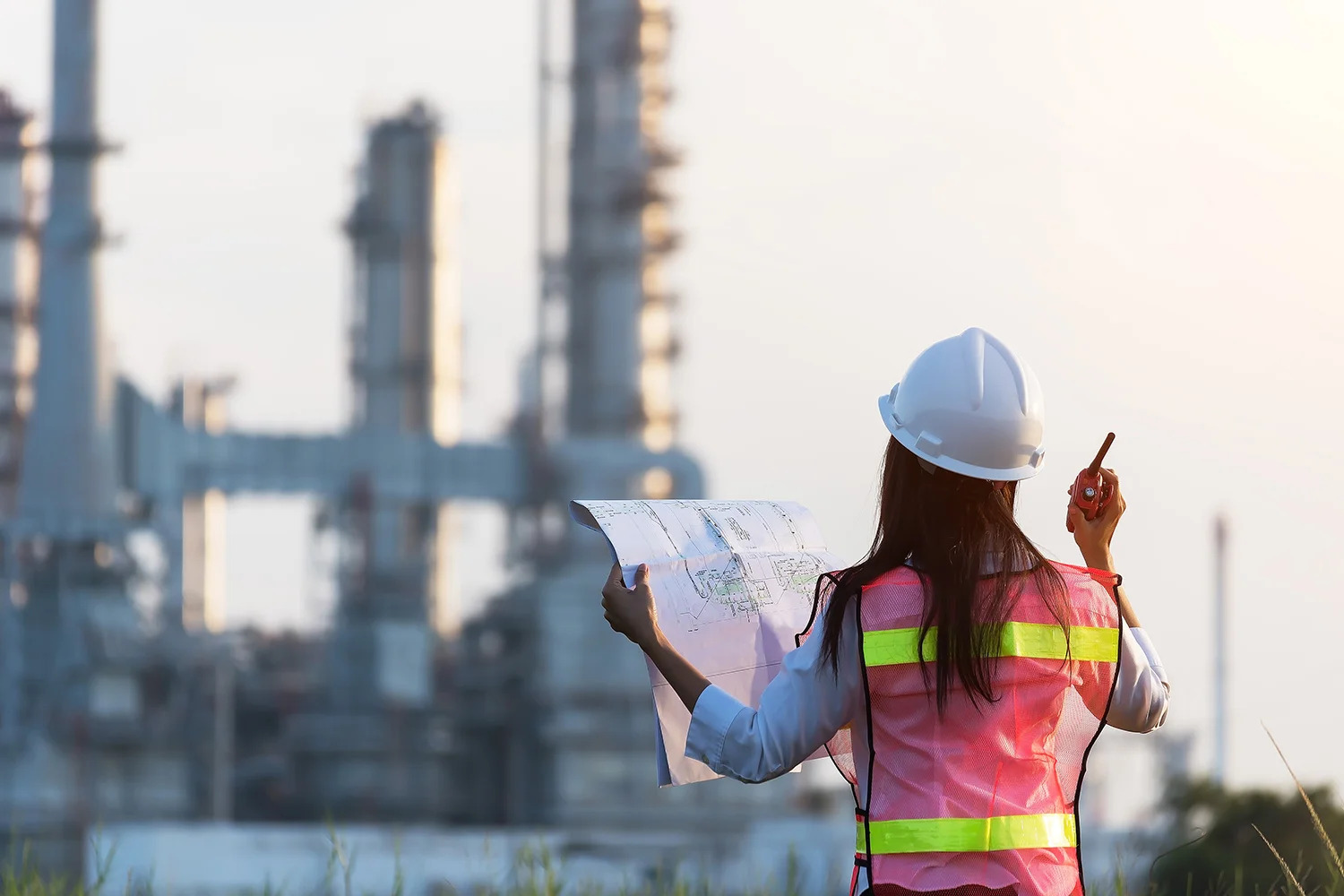

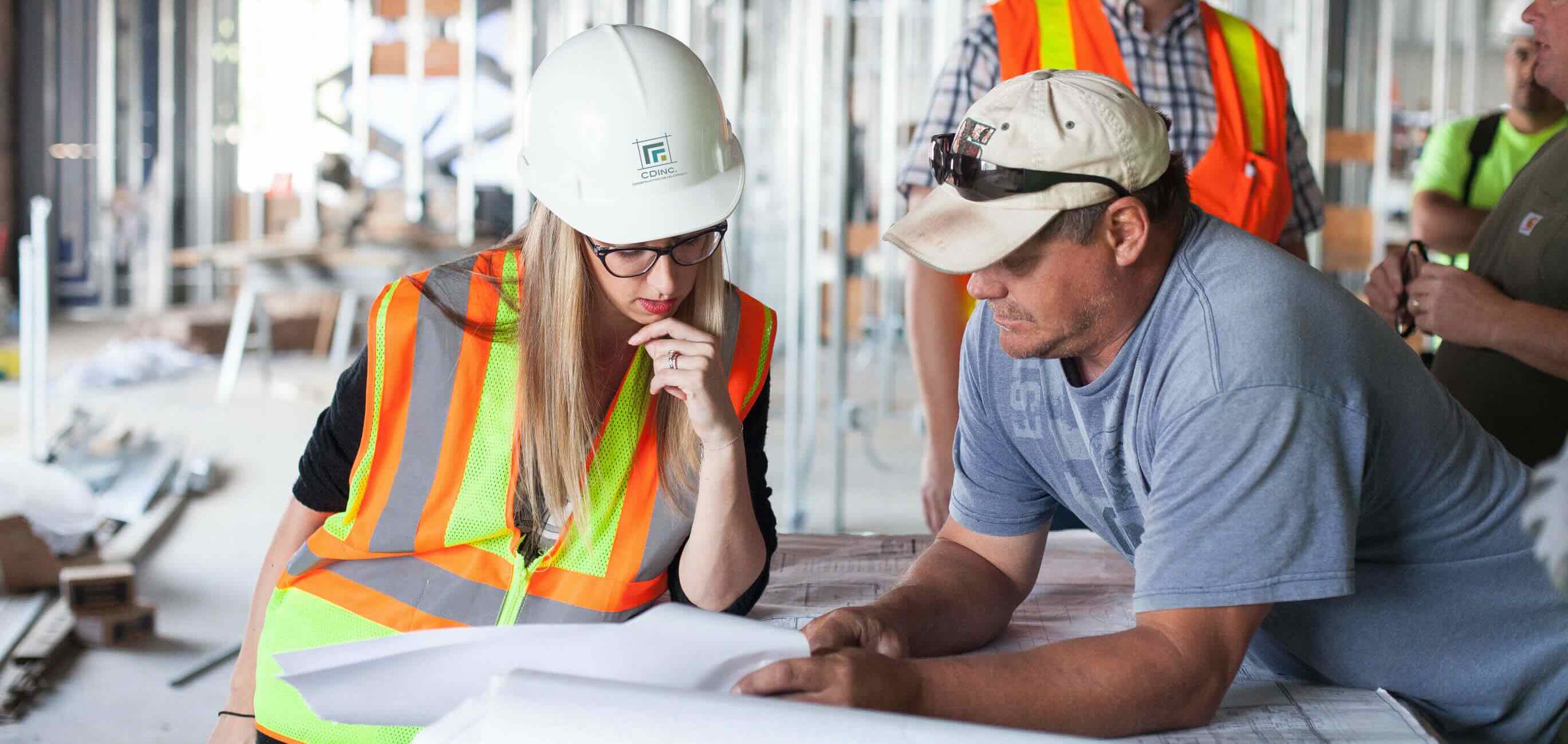
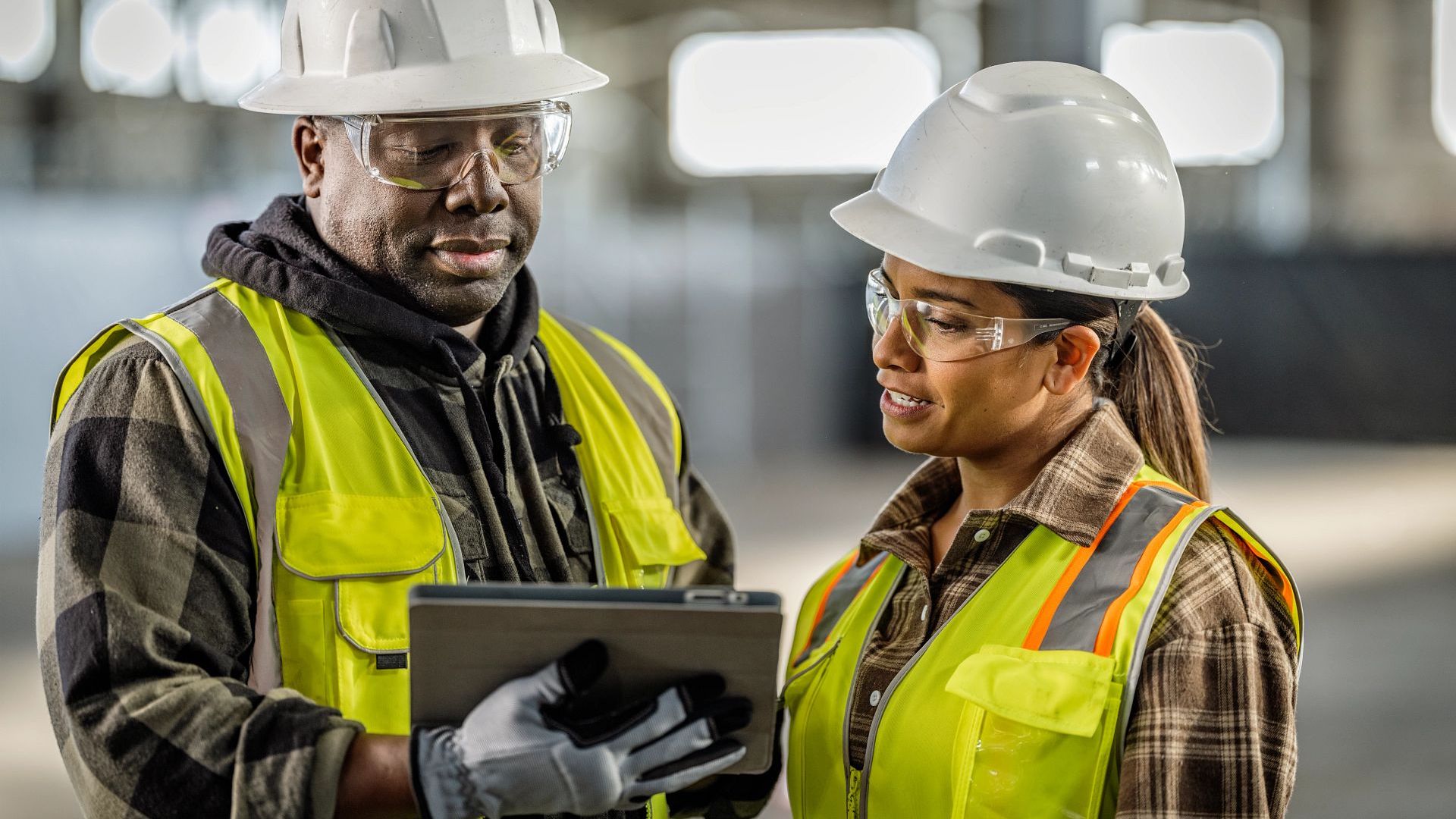

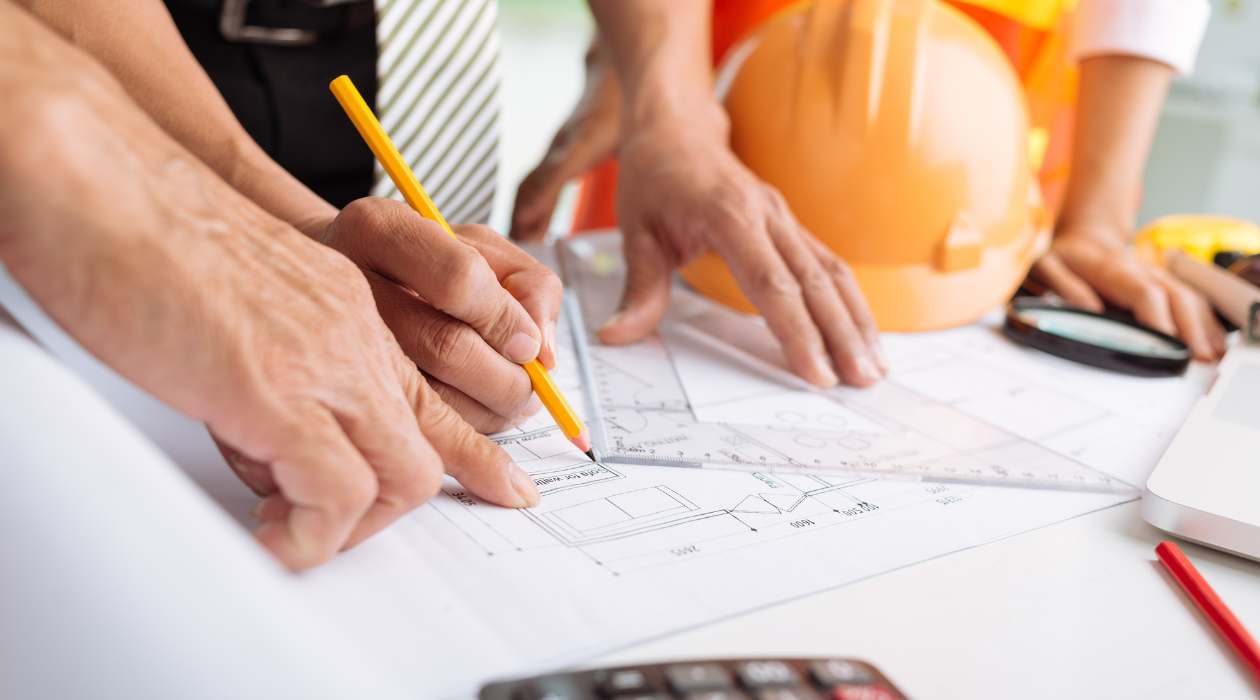

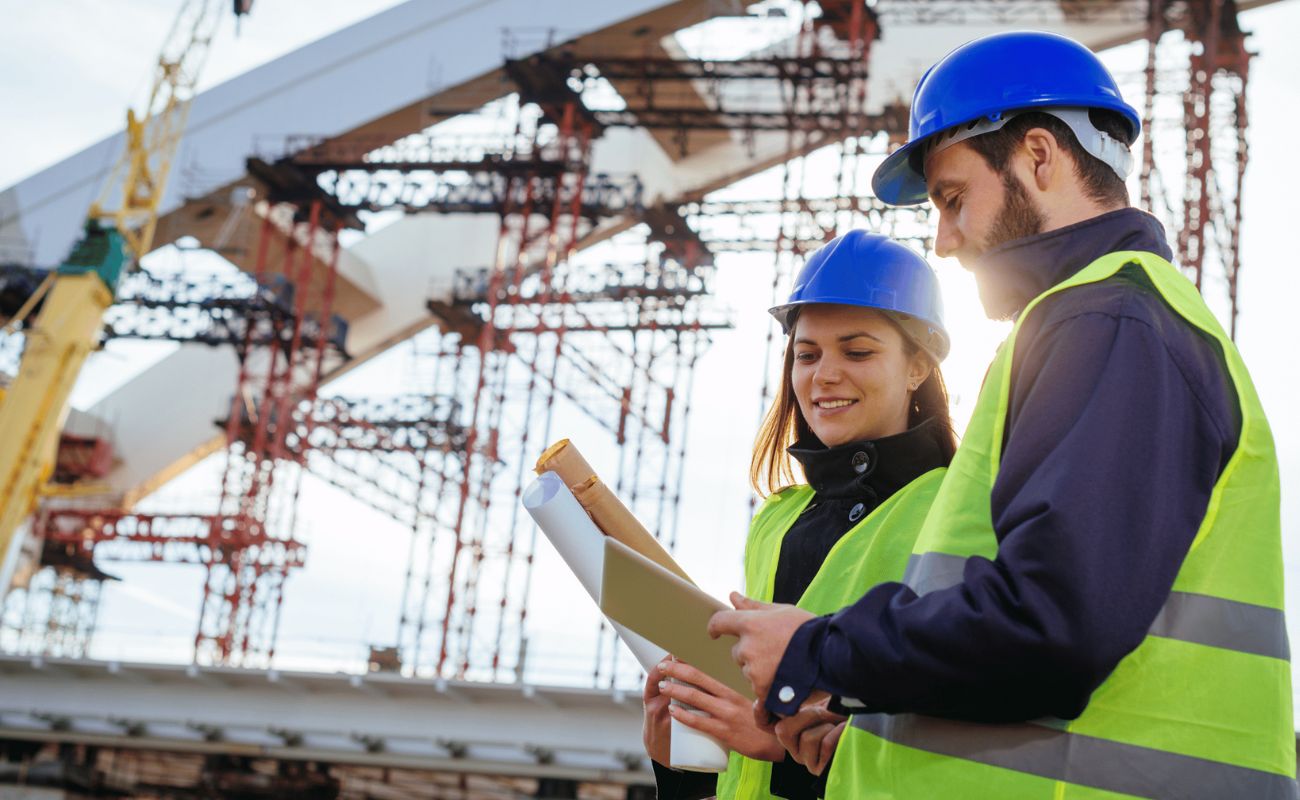
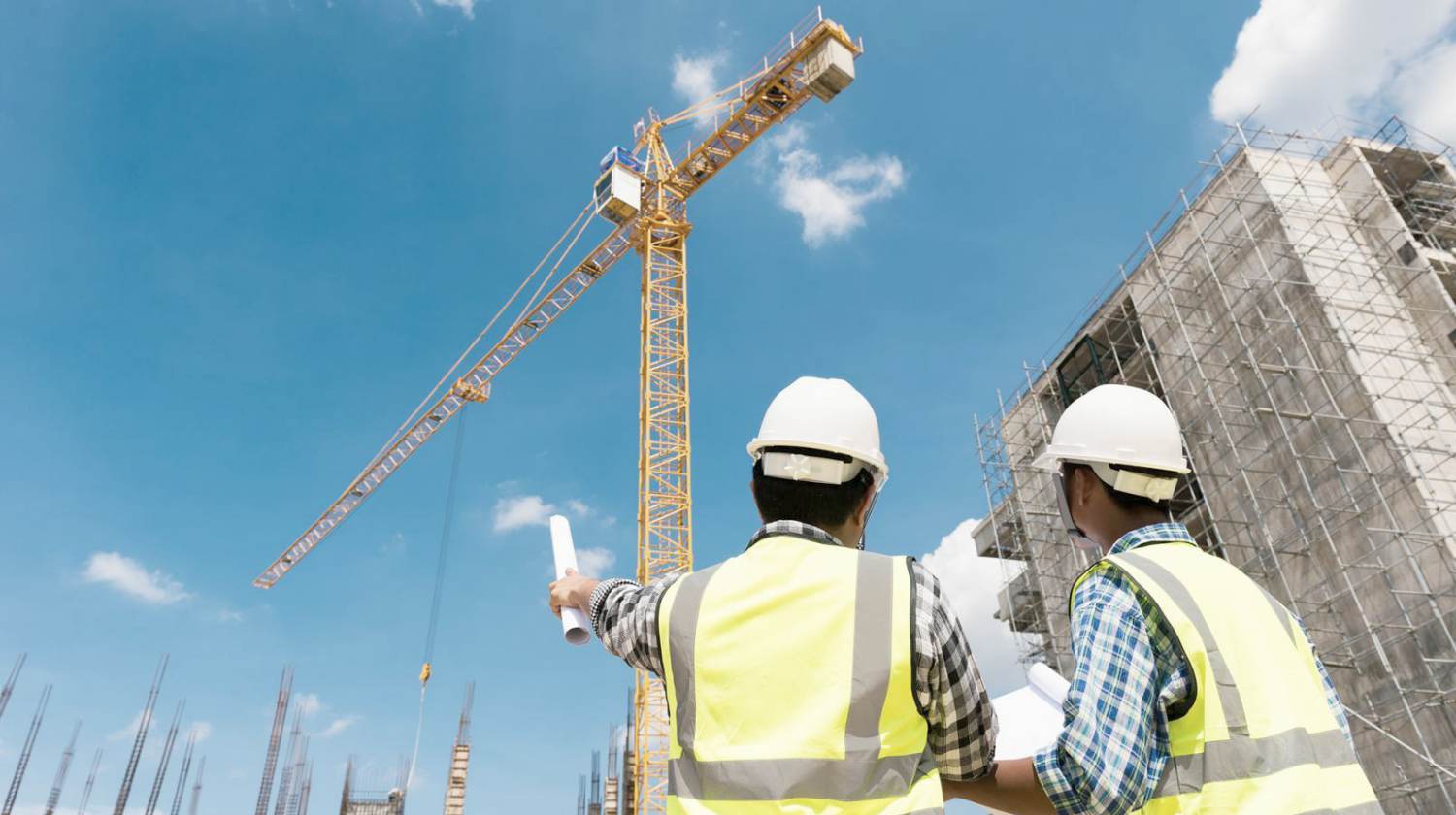
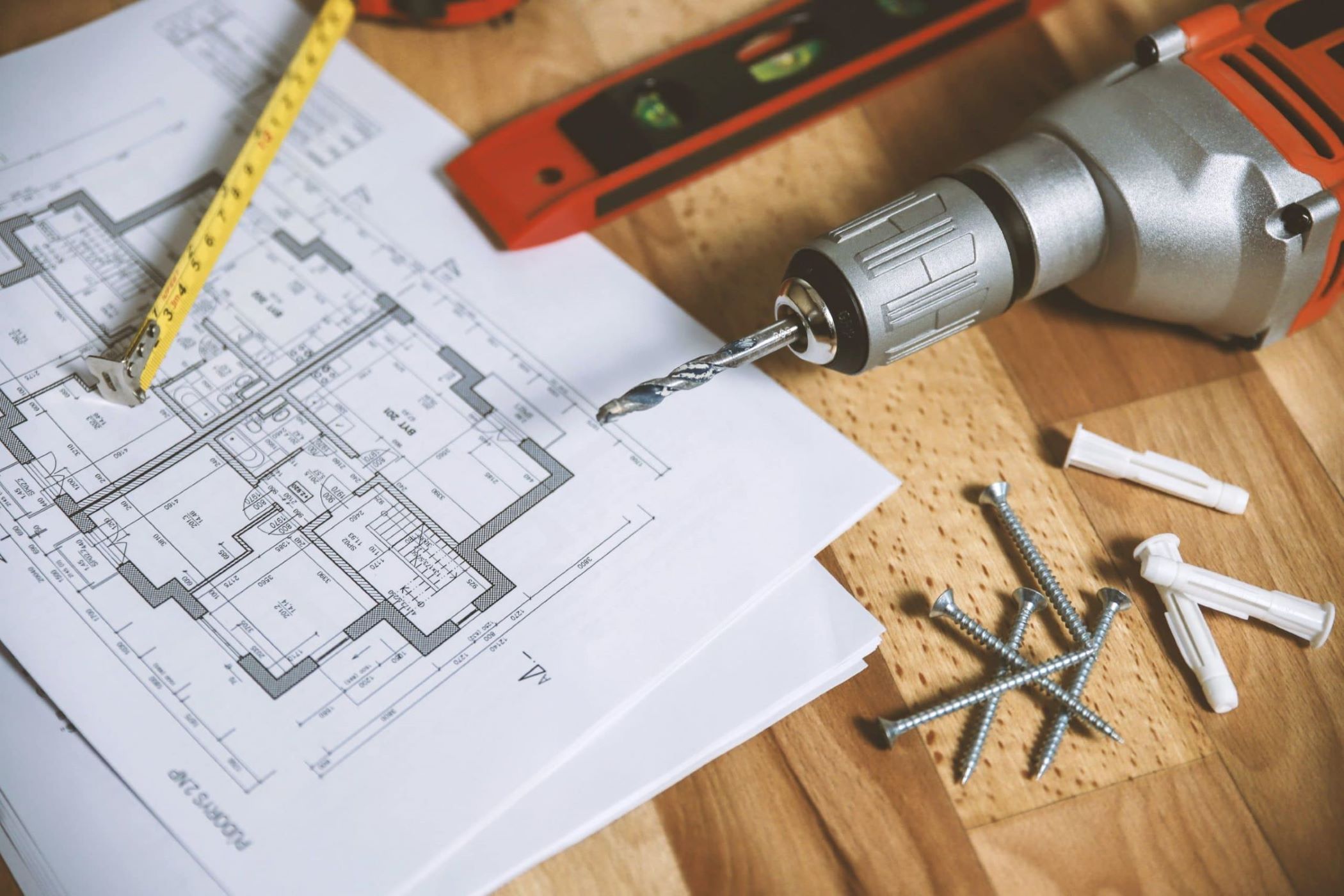




0 thoughts on “What Do Project Engineers Do In Construction”